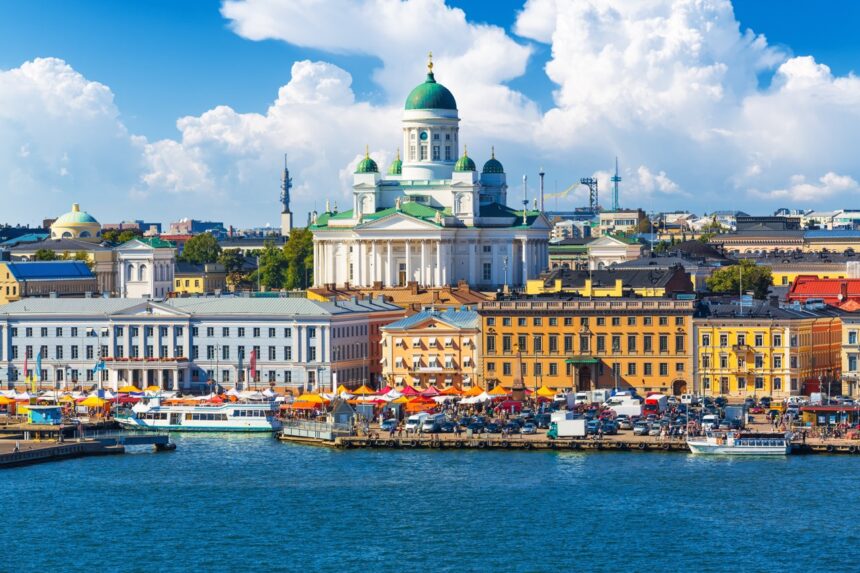Finland reigns supreme yet again! The UN-sponsored World Happiness Report, published on Wednesday, declares Finland the happiest country on Earth for an unprecedented seventh year in a row. The Nordic region continues its dominance, with Denmark, Iceland, and Sweden following closely behind Finland in the coveted top 10 rankings.
Meanwhile, a stark contrast emerges in Afghanistan. Grappling with a humanitarian crisis since the Taliban’s return to power in 2020, the country remains entrenched at the bottom of the happiness index among the 143 surveyed nations.
This year’s report also unveils a noteworthy shift. For the first time in over a decade, both the United States and Germany have fallen out of the top 20 happiest nations, landing at 23rd and 24th place respectively.
Mainland China sits at 60th, with Hong Kong positioned at 86th and self-ruled Taiwan achieving a more respectable 31st place. Interestingly, the report highlights a new trend: the nations ranking highest in happiness are no longer synonymous with being the world’s most populous. In the top 10, only the Netherlands and Australia boast populations exceeding 15 million. Even the entire top 20 includes just Canada and the UK with populations exceeding 30 million.
The happiness rankings are derived from a multifaceted approach. Self-reported life satisfaction is measured alongside metrics like GDP per capita, the strength of social support networks, healthy life expectancy, freedom, generosity, and levels of corruption.
Jennifer De Paola, a happiness researcher at Finland’s University of Helsinki, sheds light on the factors contributing to Finnish happiness. She emphasizes the importance of Finns’ connection to nature and their healthy work-life balance. Additionally, De Paola suggests that Finns may have a more “realistic understanding of what a successful life is” compared to cultures like the United States, where success is often equated with financial gain. Finland’s robust welfare state, strong trust in institutions, low corruption, and free healthcare and education also play a significant role.
“Finnish society is permeated by a sense of trust, freedom, and high levels of autonomy,” De Paola explains.
This year’s report reveals another intriguing trend: younger generations generally appear happier than their older counterparts across most global regions. However, North America, Australia, and New Zealand present an exception. Here, happiness among those under 30 has plummeted dramatically since 2006-2010, with older generations now reporting higher happiness levels.
Central and Eastern Europe bucks this trend, with happiness increasing across all age groups during the same period. Western Europe, on the other hand, shows relative stability, with people of all ages reporting similar levels of happiness.
A concerning trend emerges when examining happiness inequality. The report finds that this gap has widened in every region except Europe. The authors describe this as a “worrying trend,” with the most pronounced rise in inequality observed among the elderly and in sub-Saharan Africa. This disparity reflects inequalities in factors like income, education, healthcare access, social acceptance, trust, and the presence of supportive social environments at various levels – family, community, and national.

